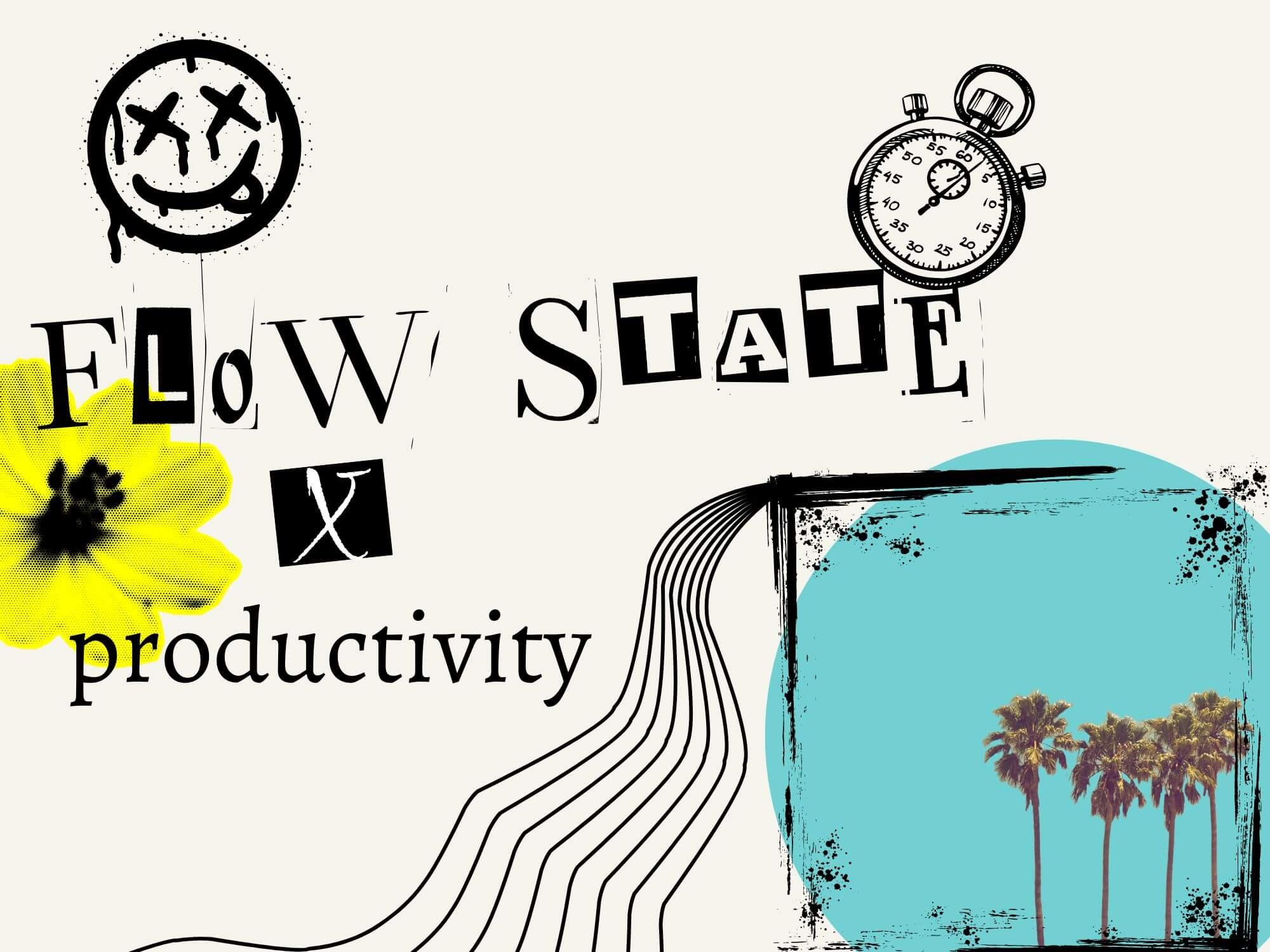Why Habits Are Important to Success (+ 6 Tips to Build Them)
Building the right habits is essential. I think most of us can agree on this. But this post explores exactly why habits are important to success and offers some strategic ways to build them.
Building (and changing) habits has been a 10 year journey for me (and I’m still traveling).
I’m a musician and a creative entrepreneur aiming to build a travel-inspired, mindset-focused artistic brand.
I’ve always been able to confidently dream up ideas. But taking the right actions, consistently, was my bottleneck.
So fostering the right habits was the thing that helped me to finally start making some actually meaningful headway.
In my experience and research, I’ve picked up some key tips and motivations for habit building that I feel the need to share.
Hence this post.
So let’s wrap up this small talk and just dive right in.
Let’s start with exploring exactly why habits are so instrumental for success.
Why Habits Are Important to Success (6 Reasons)
Habits are the daily actions and routines we consistently take. They’re the hardwired neuron connections in our brain – the things our bodies intuitively know how to do because of a lot of repetition.
Habits can be formed and broken.
Neuroplasticity tells us that our brains are able to learn new information, change and adapt. We’re able to make new neural pathways and habits – regardless of age or starting points.
So forming new habits is not only possible – but it’s a natural ability.
But why are they so important for success?
Here are my top reasons for why habits are so essential for success:
Habits compound to big results over time
Building new healthy habits literally changes your brain by creating new neural pathways
Habit formation boosts confidence
Habits support stronger discipline
Habits are more reliable than waiting for motivation or inspiration
Strong habits amplify and spill over to other parts of your life
6 Tips to Build Habits for Success
Is there a golden rule of habit change?
Perhaps – but I like to lean on more than just one truth. So these are my top tips for building successful habits.
1. Define What Success Means to You
What does success mean to you? How do you define it?
Knowing what your personal benchmarks for success are will dictate the type, level and intensity of your habits.
For example, if success means a helicopter pad and three mansions around the world, then your habits, skills and market value need to be, well, pretty intense.
But if your idea of success is uploading one song per month to Spotify and creating honest value and inspiration on mindset, creativity and adventure (cough cough, that’s me), then those habits can be a bit more – how can I say – casual.
Still, I do steal many of those billionaire habits, because they work (not the 5am, no-coffee and read 30 books a day parts…).
So think about what success means to you.
For me, success is attached to various short-term and long-term checkpoints. I’ll expand on this idea some more throughout the rest of the tips below.
So let’s keep moving to the next one.
2. Have A Growth Mindset
Building a growth mindset is essential for habit formation.
Creating new habits – and changing old ones – is difficult. You can’t rely on motivation alone. You’ll need focused discipline and the right mindset.
A growth mindset is a way of thinking, seeing and perceiving the world. It’s accepting the fact that our brains can change, adapt and learn new things – like, anything.
As I mentioned about above, we can make new neural pathways, develop new skills and improve at anything we want to.
This scientific truth helps me stay in a growth mindset.
Because I know that with consistent effort, my daily focus is creating new neural networks, skills and habits. I even see my bad days and setbacks as positive things.
It’s all a growth mindset.
So just remember that for each day you show up, you’re strengthening those new habits at a much deeper level than you may realize.
3. Stack the Deck In Your Favor
Why make things more difficult than they need to be? Let’s stack the cards in our favor.
When building new habits, it’s important to avoid triggers and situations that tempt us to fall back into old routines and patterns.
So we should create a new environment and a new reality.
Here are three areas that can have a huge impact on habit formation:
Your inner circle
Who you spend time with
Your outer circle
Who you listen to and the content you consume
Your physical environment
Your room, tidiness, colors, smells, sounds, etc.
4. Create A Workflow
Having a workflow is like creating a template for your tasks.
It’s super helpful for organizing your to-dos and building a new habit.
I often circle back to my music production workflow whenever I find myself drifting into old habits (or new ones that don’t match my goals).
A good workflow should have your core tasks and habits or skills you need to practice organized. It’s good to timebox your workflow too (i.e., have a schedule).
I also like to identify my weaknesses and bottlenecks to my new habit goals, and create workarounds for them.
So whenever I’m practicing them, and the bottleneck pops up, I acknowledge them and have an action plan for overcoming them.
With time and practice, your new habits should start to go on autopilot, but having a workflow in the early stages is a great way to structure things.
5. Track Your Progress
It can be hard to appreciate progress (or to realize if we’re spinning wheels and just wasting time on unproductive things).
So tracking your progress can be a great way to better manage habit formation.
For this to be more effective, it’s helpful to identify metrics, benchmarks and clear data to represent your habit work.
For example, writing down specific tasks, knowing your goals (more on that below) or using a habit tracking app.
So step back and zoom out every once in a while. It can be insightful (and sometime motivating).
6. Define Your Goal(s), Your Why and Your Values
I feel like knowing your goals is the first step to like 90% of all processes and strategies.
But it makes sense. It’s super helpful.
If you’re building new habits, it’s super powerful to know why you’re doing it, what your macro and micro goals are and how they tie back to your core values.
Having a goal in mind will serve as important motivation and essential guardrails for decision making.
So think about why you’re working on a particular habit and how it relates to your larger goals or purpose.




